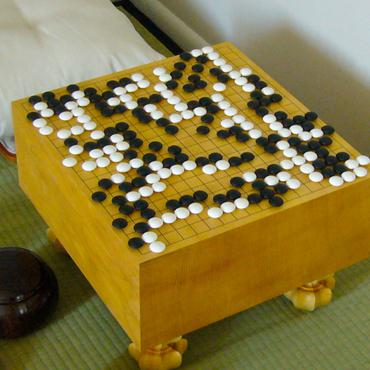A Popperian Falsification of Artificial Intelligence -- Lighthill Defended
The area of computation called artificial intelligence (AI) is falsified by describing a previous 1972 falsification of AI by British mathematical physicist James Lighthill. How Lighthill's arguments continue to apply to current AI is explained. It is argued that AI should use the Popperian scientific method in which it is the duty of scientists to attempt to falsify theories and if theories are falsified to replace or modify them. The paper describes the Popperian method and discusses Paul Nurse's application of the method to cell biology that also involves questions of mechanism and behavior. It is shown how Lighthill's falsifying arguments especially combinatorial explosion continue to apply to modern AI. Various skeptical arguments against the assumptions of AI mostly by physicists especially against Hilbert's philosophical programme that defined knowledge and truth as provable formal sentences. John von Neumann's arguments from natural complexity against neural networks and evolutionary algorithms are discussed. Next the game of chess is discussed to show how modern chess experts have reacted to computer chess programs. It is shown that currently chess masters can defeat any chess program using Kasperov's arguments from his 1997 Deep Blue match and aftermath. The game of 'go' and climate models are discussed to show computer applications where combinatorial explosion may not apply. The paper concludes by advocating studying computation as Peter Naur's Dataology.
PDF Abstract


